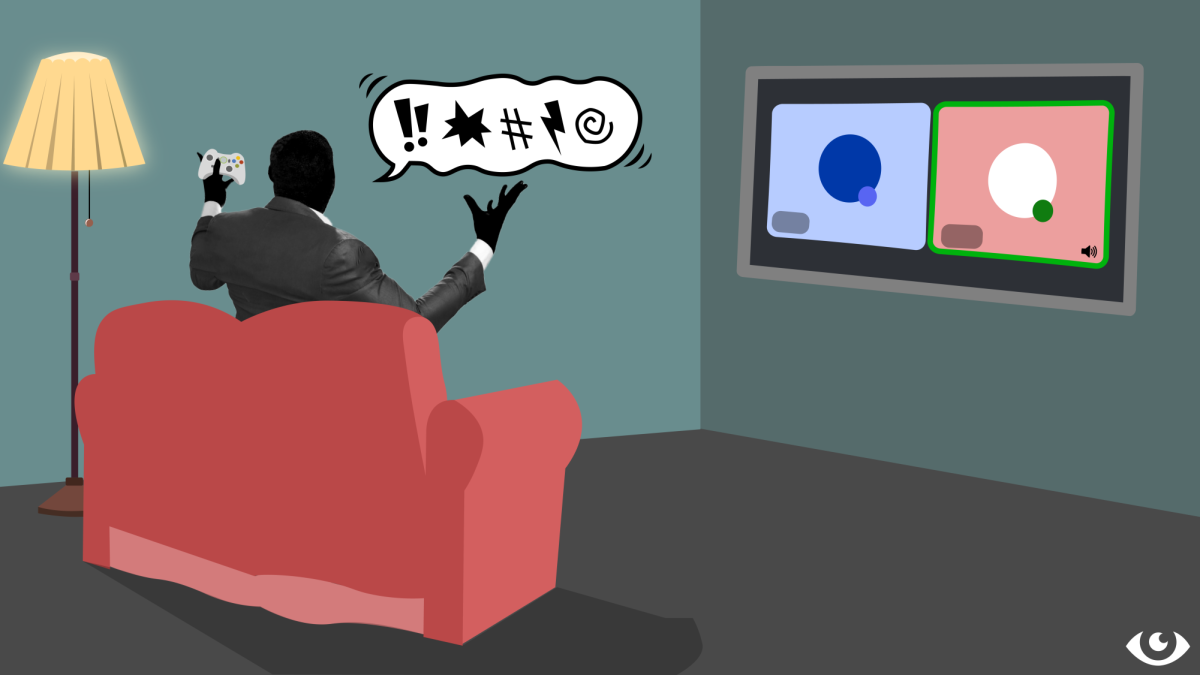With the recent attention to Apple and the new iPhones and Samsung’s innovative line of Nokia devices, nobody really considers the idea of owning a BlackBerry anymore. Making the decision to lay off a whopping 4500 employees this year, Blackberry isn’t in a great spot. According to an article by Entrepeneur the company acquires only 3.8 percent market share in the United States (when only three years ago that number was as high as 40 percent.)
To understand this decline, we should look back to what made this Canadian-based company a success in the first place, and that was organization. Blackberries were a must-have for business executives with their sleek design and organization tools unmatched at the time. So what happened in such a short time? Everyone else got better.
Phones evolved to become more than just a calendar. They became a place to surf the web, to watch videos, to play games, and Blackberries just couldn’t cut it anymore. Apple brought with them the simple and stylish design of the iPod and Mac computers. Samsung appealed more to tech-savvy consumers, and Blackberry stayed the same. Sure we all remember desperate attempts to keep up with the BlackBerry Storm and the Curve (which I even owned for a brief period before realizing my mistake).
A major factor in BlackBerry’s demise was the lack of support. The app store was a cluttered mess when compared to the extensive, more accessible and sleek Apple and Droid app stores of the time. BlackBerry didn’t treat the up-and-coming iPhone as a real treat until it was too late. They tried to stick with their super-phone plan that worked so well for them in the past but just could not cut it anymore. It begs the question: What will happen when Apple itself brings nothing new to the table and what underdog will take their place in the smartphone market?






